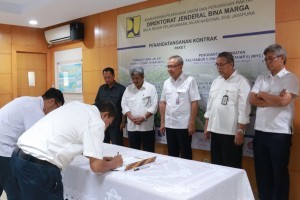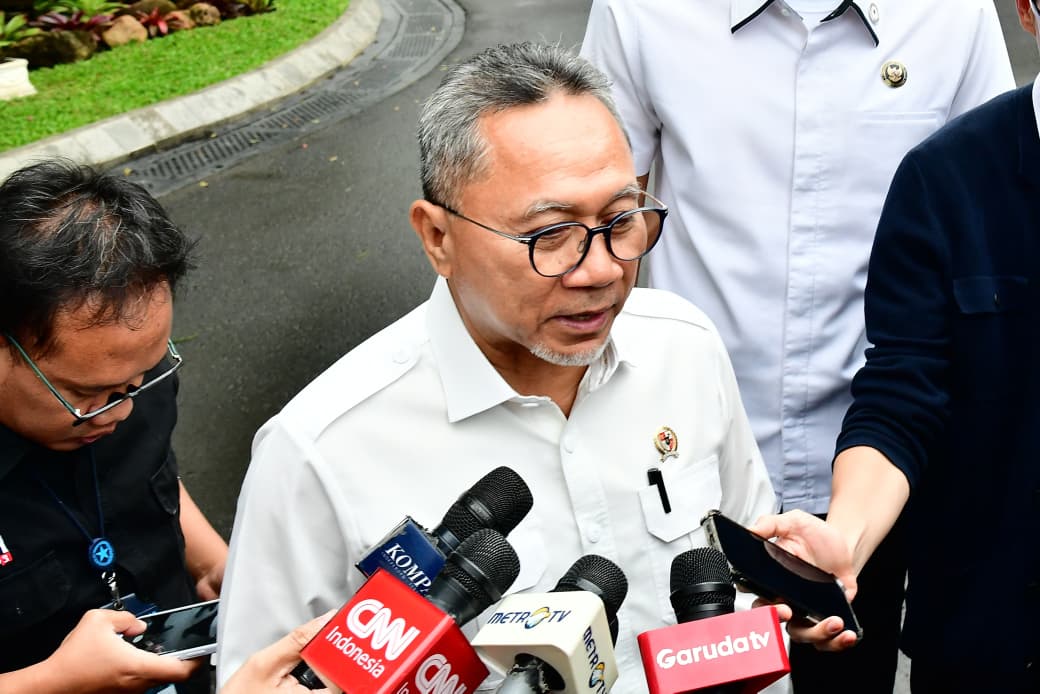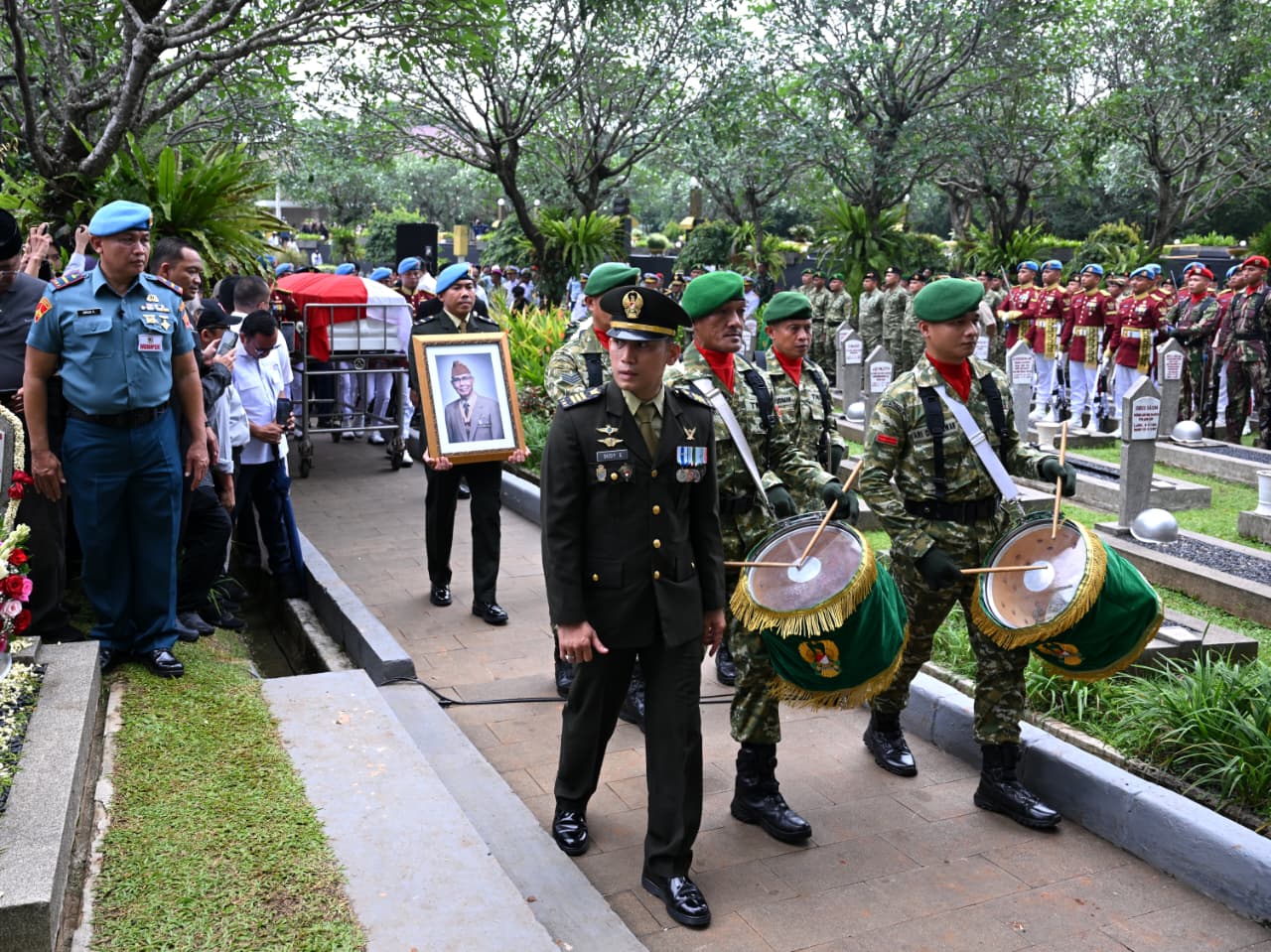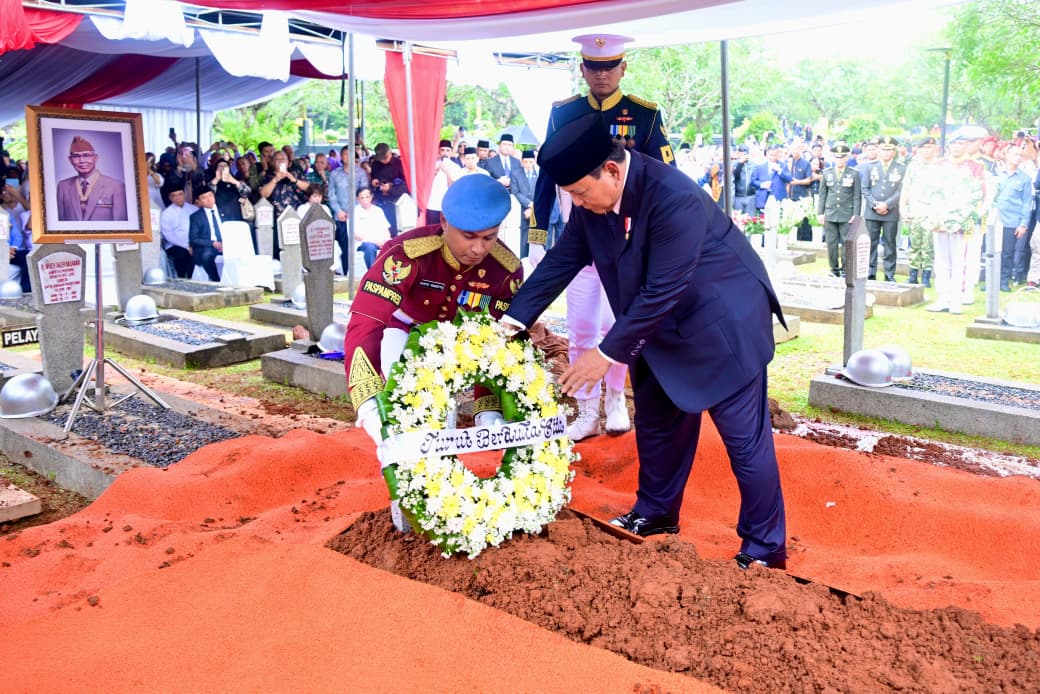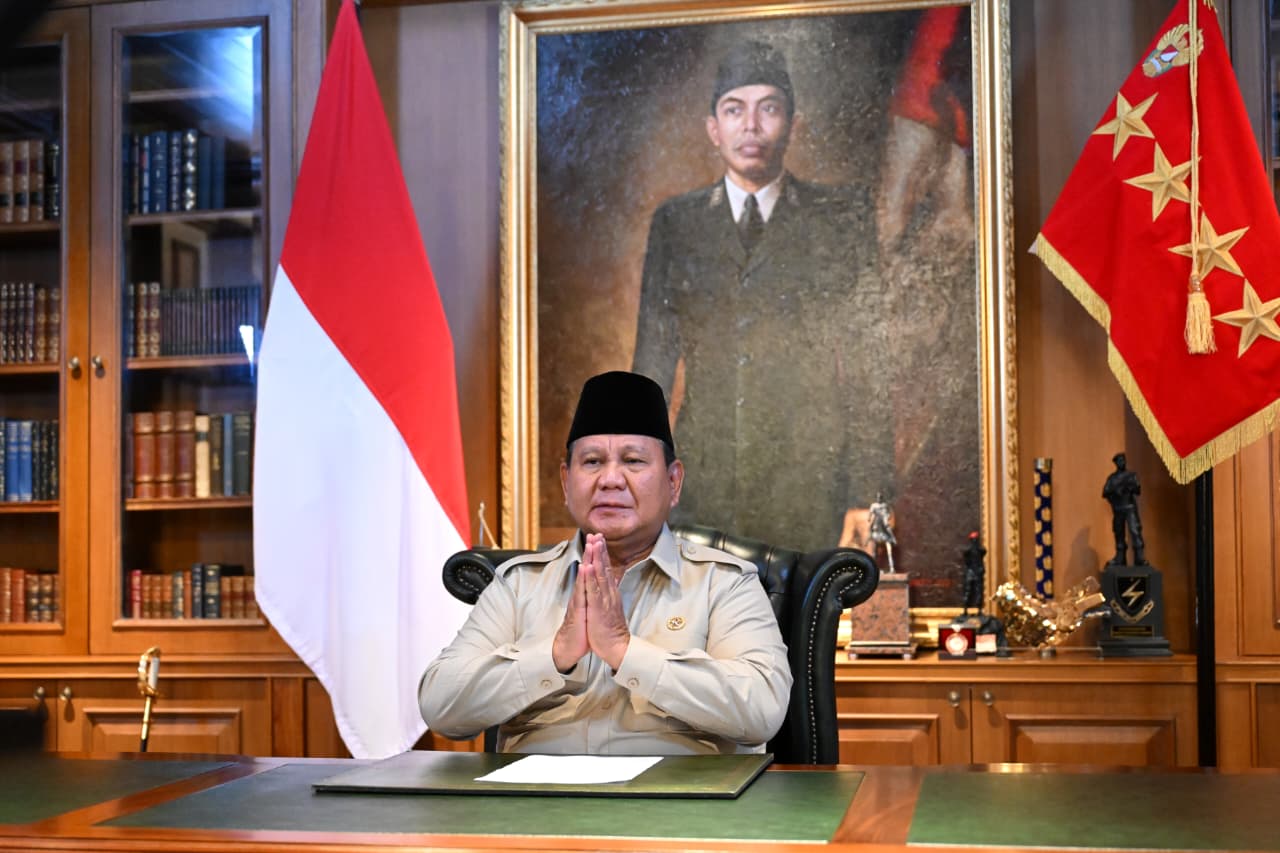Government Committed to Continuing Trans-Papua Project
Ministry of Public Works and Public Housing has set a target to complete the Trans-Papua project by 2019. This 4,330 kilometers project is located at West Papua and Papua Provinces.
At the moment, there is still 171.7 kilometers that needs to be developed. Although some are not asphalted, the opening of mountain roads will connect the areas that used to be isolated and would result a significant decline in prices of basic commodities.
Trans-Papua Project will be continued and by 2019, all sections are expected to be fully connected, Minister of Public Works and Public Housing (PUPR) Basuki Hadimuljono says recently. This Project is one of nine priority programs (Nawacita) of President Joko Jokowi Widodo and Vice President Jusuf Kallas Administration that is to build from the outskirts in order to create fair and even development.<>
Director General of Bina Marga Arie Setiadi Moerwanto says that the construction of roads and bridges in Papua is carried out not based on the level of financial feasibility, but in the context to maintain the unity of the Unitary State of the Republic of Indonesia (NKRI).
Working contracts on construction and monitoring that worth Rp199.48 billion have been already signed on 26 December 2017. However, on 4 January 2018, the signing of the contracts is hold once again before the leaders in Directorate General of Bina Marga. This is a multiyear contract 2017-2018, says Head of National Highway Construction Agency (BBPJN) XVIII of Jayapura Osman Harianto Marbun, in Jakarta (4/1/2018).
The documents are signed by the PPK (Commitment Maker Official), as well as contractors and consultants, witnessed by Director General of Bina Marga Arie Setiadi Moerwanto, Secretary of Directorate General of Bina Marga Soebagiono, Director of Highway, Urban Areas, and Regional Road Facilities Sugiyartanto, Director of Road Network Development Rachman Arief, Director of Bridge Iwan Zarkasi, and Director of Road Preservation Hedy Rahadian.
The signed contract is a contract on replacement of the 260 meters Kali Kabur 3 Bridge Phase II. At first, the bridge is made of wood. Now, it is replaced by a steel bridge with composite girders because the wood bridge has worn out. The replacement is also done to increase road network and steadiness of Trans-Papua segment Dekai-Seredala-Oksibil. The contractor of this work is PT Simaka with contract value of Rp84.4 billion.
A contract of road construction at border area that is from Oksibil to Towe Hitam, spanning 5.5 kilometers, has also been signed. The contractor of this project is PT Wijaya Karya with contract value of Rp108.56 billion. The Ministry of PUPR gradually develops roads at Papuas border areas stretching 1,098.24 kilometers from Jayapura to Merauke. 208.94 kilometers of the road, which part of Oksibil-Towe Hitam segment, has not been developed.
In the meantime, for monitoring works, it has been signed a contract on Oksibil-Towe Hitam road construction technical monitoring. The companies involving in this Rp3.17 billion project are PT Cakra Buana-Total Mandiri-PT Portal Engineering Perkasa. There is also a project of technical monitoring of replacement of Kali Kabur 3 bridge that worth Rp3.35 billion.
The signing event is also attended by Regional Development Watch (TP4D) of Papua Province that also supports so that the works finish on time and have a good quality.
In 2017, the Ministry of PUPR through BBPJN XVIII has taken a number of measures to repair 688 kilometers border road from Oksibil to Merauke. Some of the area, such as Tanah Merah-Getentiri, Getentiri- boundary of Merauke/Boven Digul, Boven Digul-Muting have now been asphalted.
Another challenge of road construction in Papua besides the weather and nature is the lack of rocks. Therefore, they have to be sent from Palu or these rocks can be replaced by soil cement. (Biro Komunikasi Publik Kementerian PUPR/EN)(MMB/YM/Naster)





